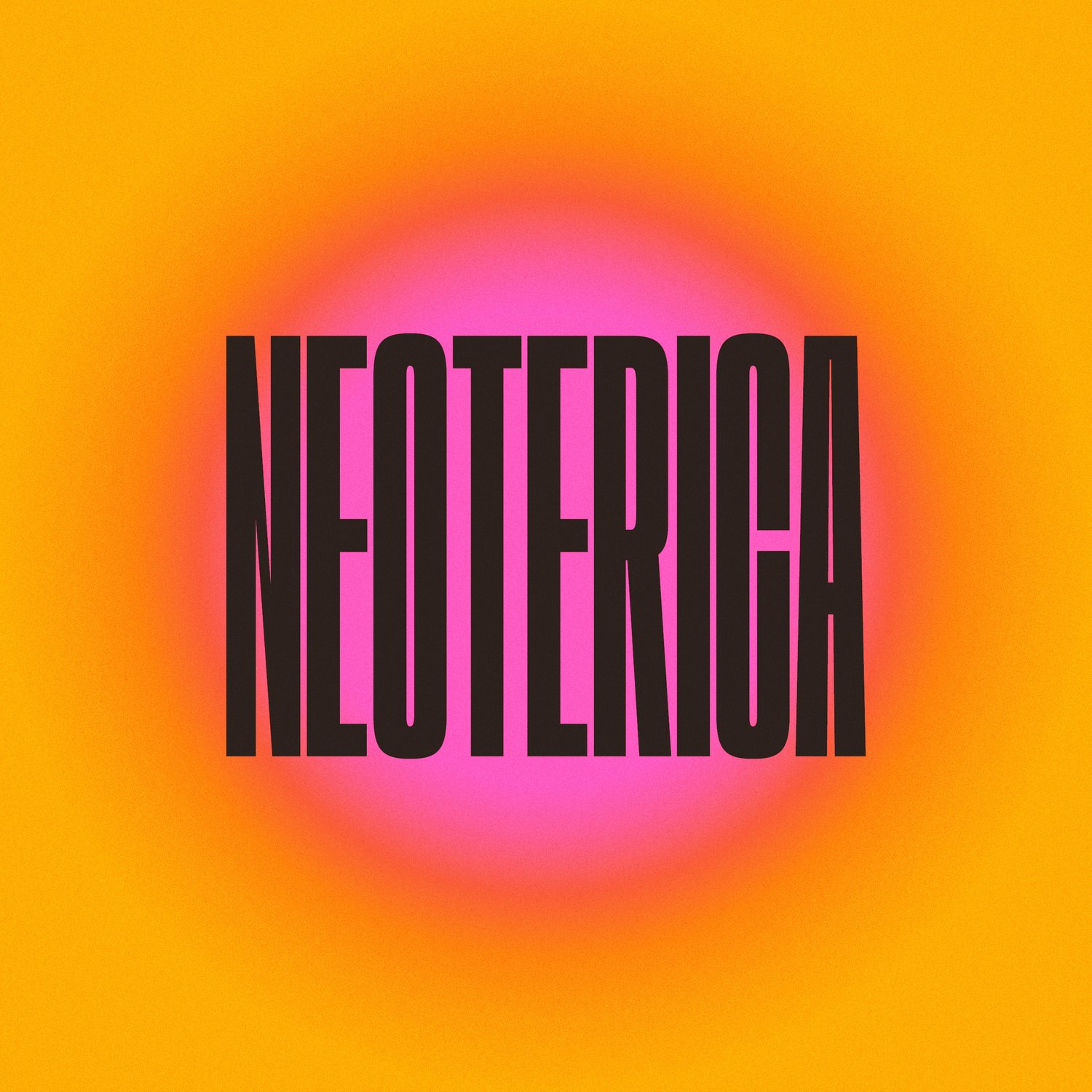Melanie Cooper
Melanie Cooper writes about Raymond Zada in Neoterica 2024.
Myth making has been at the heart of colonisation for centuries. The written word and visual representations have served as a key strategy in the dissemination of ideas embedded in systems of western thought and (mis)perceptions of the world outside urban centres. Illustrated maps chartered vast expanses of ocean and remote continents of the familiar and strange, idyllic, and perilous. Travel journals and manuscripts of both naturalist and amateur cobbled together descriptions of distant lands and the peoples who inhabited them, their observations seeking to define and categorise. Both widely distributed publications and the private musings of diary keepers and letter writers shared their findings with readers who learned of the hierarchies of human and non-human worlds within their pages, confirming and reinforcing the teachings of church and crown to underscore the imperatives of empirical expansion and the so-called progresses of civilisation. We have inherited this way of ordering things, and much of our erroneous thinking and infliction of harm can be attributed to this construction of western knowledge and the ‘spoils’ of empire.
While textual and visual culture played a key role in reinforcing western claims of discovery and justifications for the ‘good’ or ‘need’ for territorial conquest, text and image appeared to fill the gaps in recorded knowledge while the proliferation of new words simultaneously obscured it. Until recently, the world’s oldest living culture was seen to be in a state of perpetual decline, and the richness of indigenous culture and deep spiritual connection to Country was shamefully ignored. Violence is not always visible, and we cannot gauge the loss that comes with displacement and separation, nor can we measure the consequences of erasure and suppression.
Self-taught multimedia artist Raymond Zada has recognised the power of words to reclaim and resist. As a Barkandji man living and working on Kaurna country, Zada works with a range of digital tools and processes to use the familiar letter forms of text in telling his own stories, turning again and again to assertions of identity and deep connection in direct opposition to authoritarian systems of division. In his acknowledgement of place and ancestry, Zada insists it is important to recognise and respect differences between all people but also reminds us of our interconnectedness and belonging within something bigger than our individual selves. The vast expanses of time and history stretch far beyond what we think we know and recognise. In Zada’s work, the immediacy of the written word is put to service as a provocation for more considered thought and is reflective of his curious mind, seeking to understand the workings of the world to help heal and move forward, to decolonise and bring people together in recognition of universal humanity.
Melanie Cooper is a visual artist, art historian and educator. Her practice embraces the processes of painting, drawing and textiles and is concerned with memory, place, and nature. In 2017 Cooper was awarded a PhD in Art History from the University of Adelaide on eighteenth-century representations of mythological masculinities. Cooper has lectured on a range of art history subjects including Art in the Enlightenment and Censorship and Iconoclasm, and in studio practice at the University of Adelaide, Adelaide College of Arts and Adelaide Central School of Art. Most recently, she was the inaugural recipient of the FELTspace Summer Residency program in 2023. Her writing appears in online formats and in volumes of collected essays including Making Ideas Visible in the Eighteenth Century edited by Jennifer Milam and Nicola Parsons (University of Delaware Press, 2022) and Interpreting Sexual Violence, 1660-1800 edited by Anne Greenfield (Pickering and Chatto, 2013).

